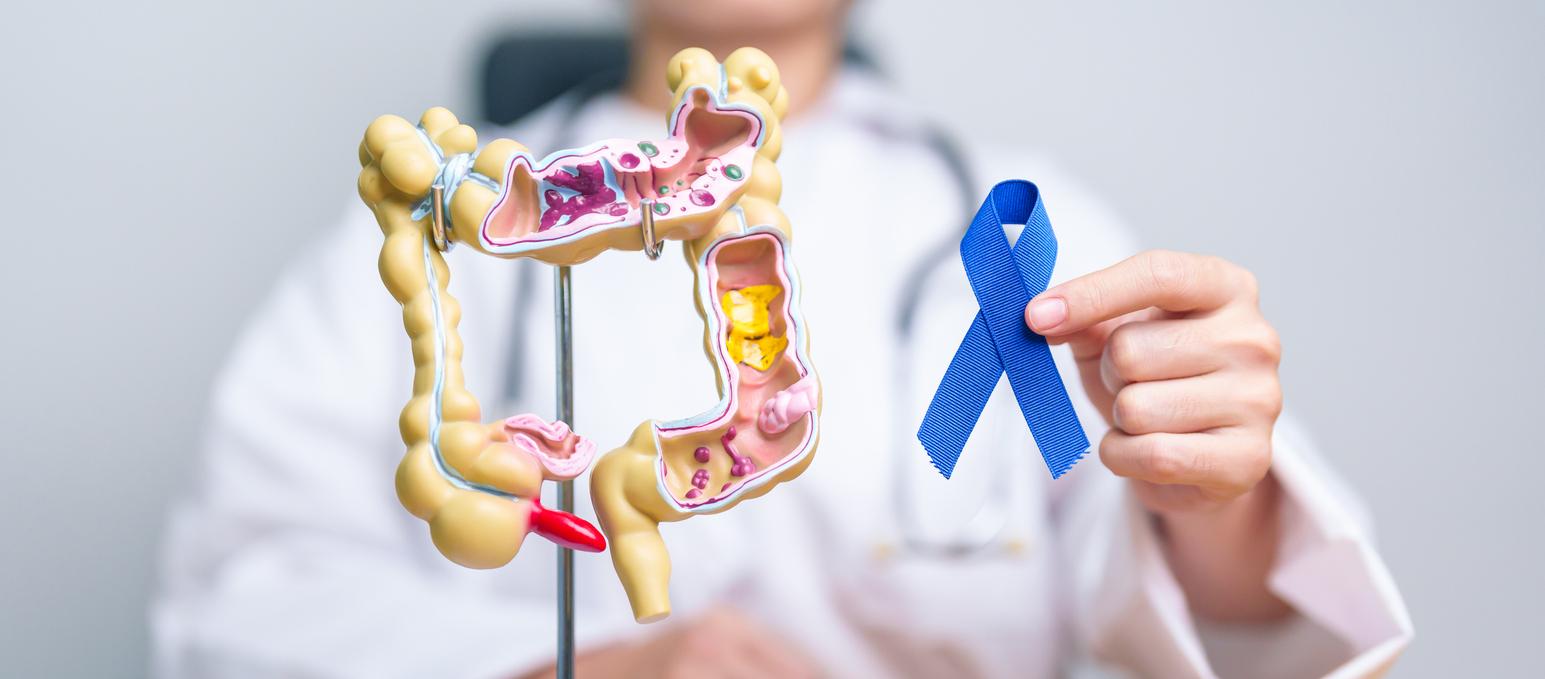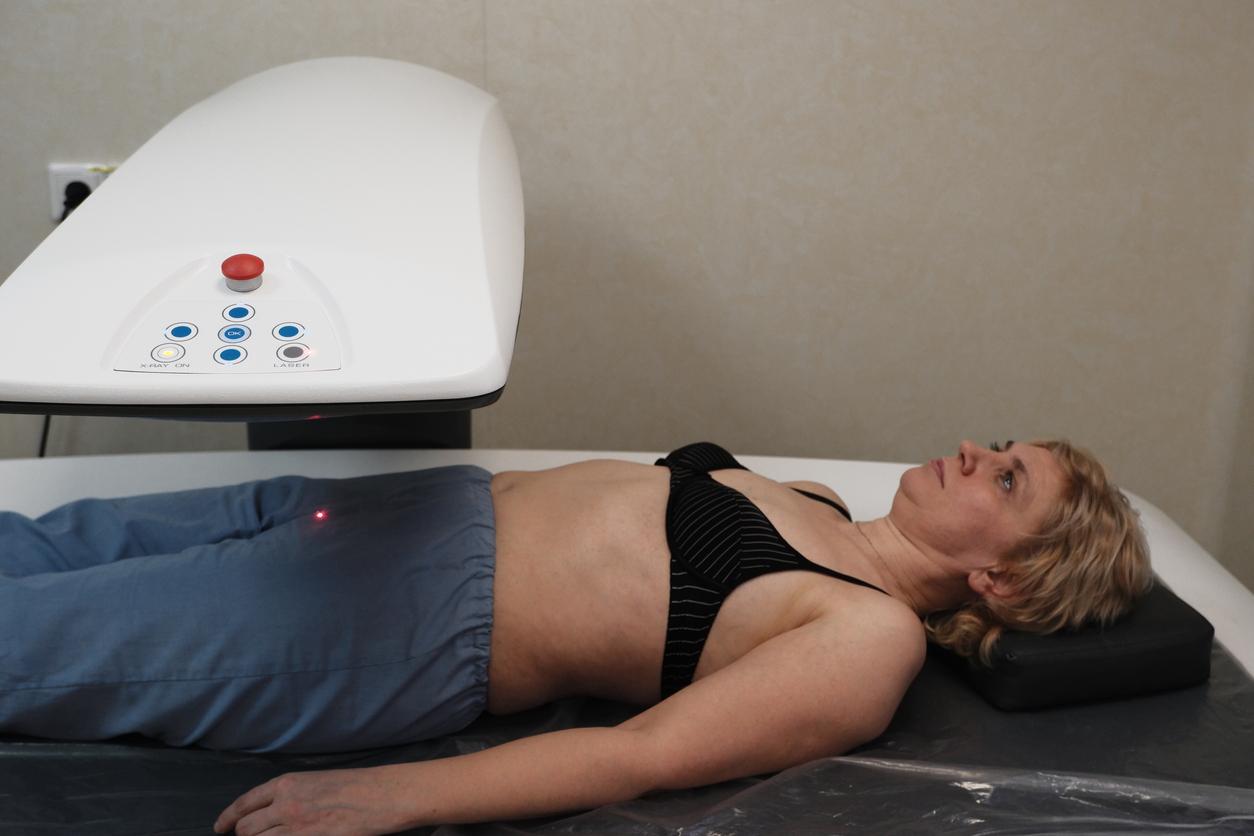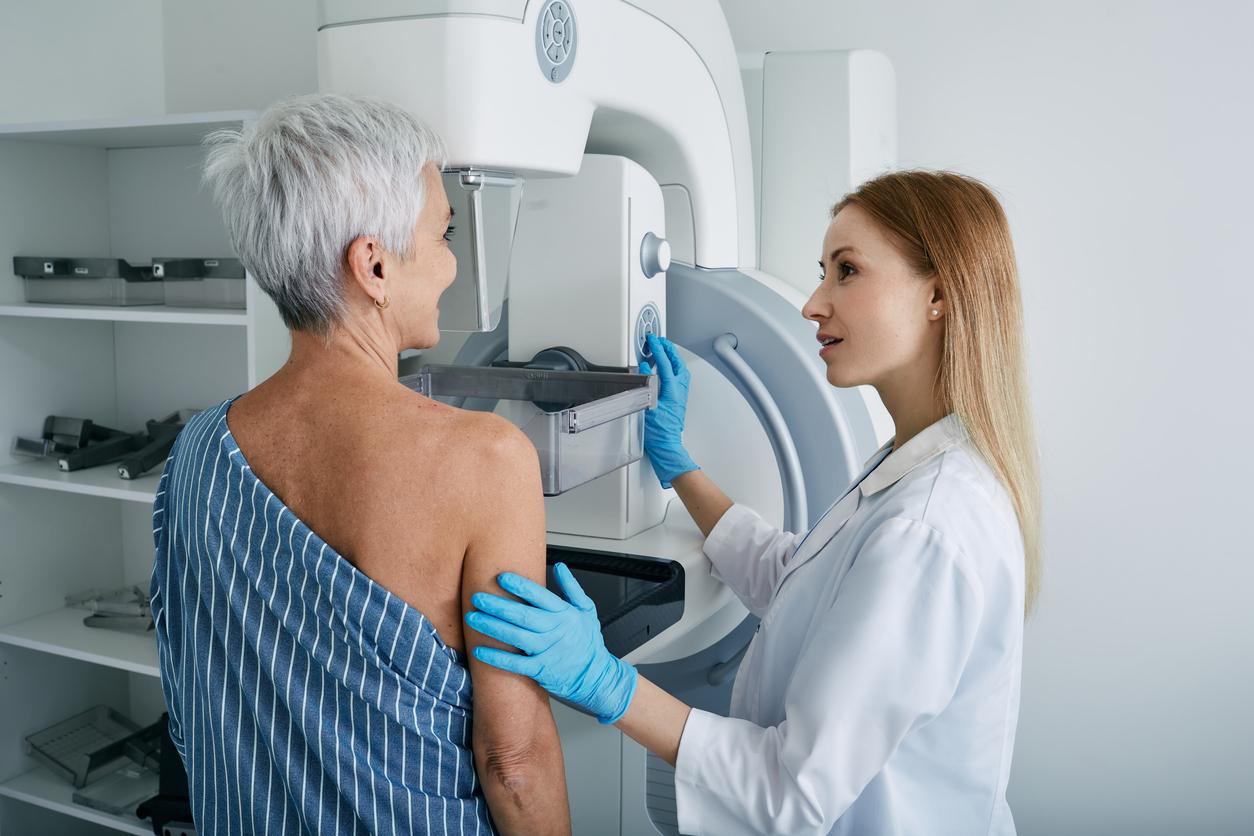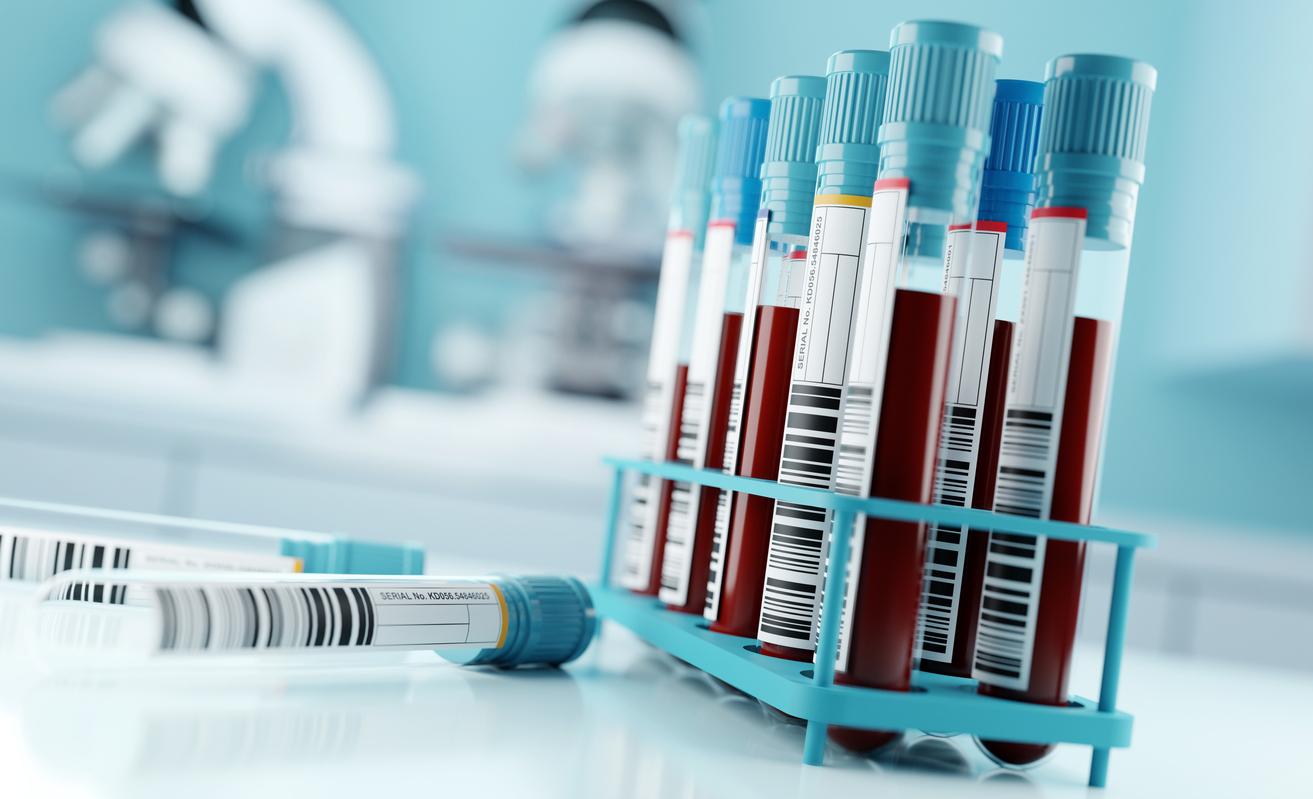Researchers have developed a device capable of detecting malaria without requiring a blood sample, which could revolutionize screening in countries most affected by the disease.
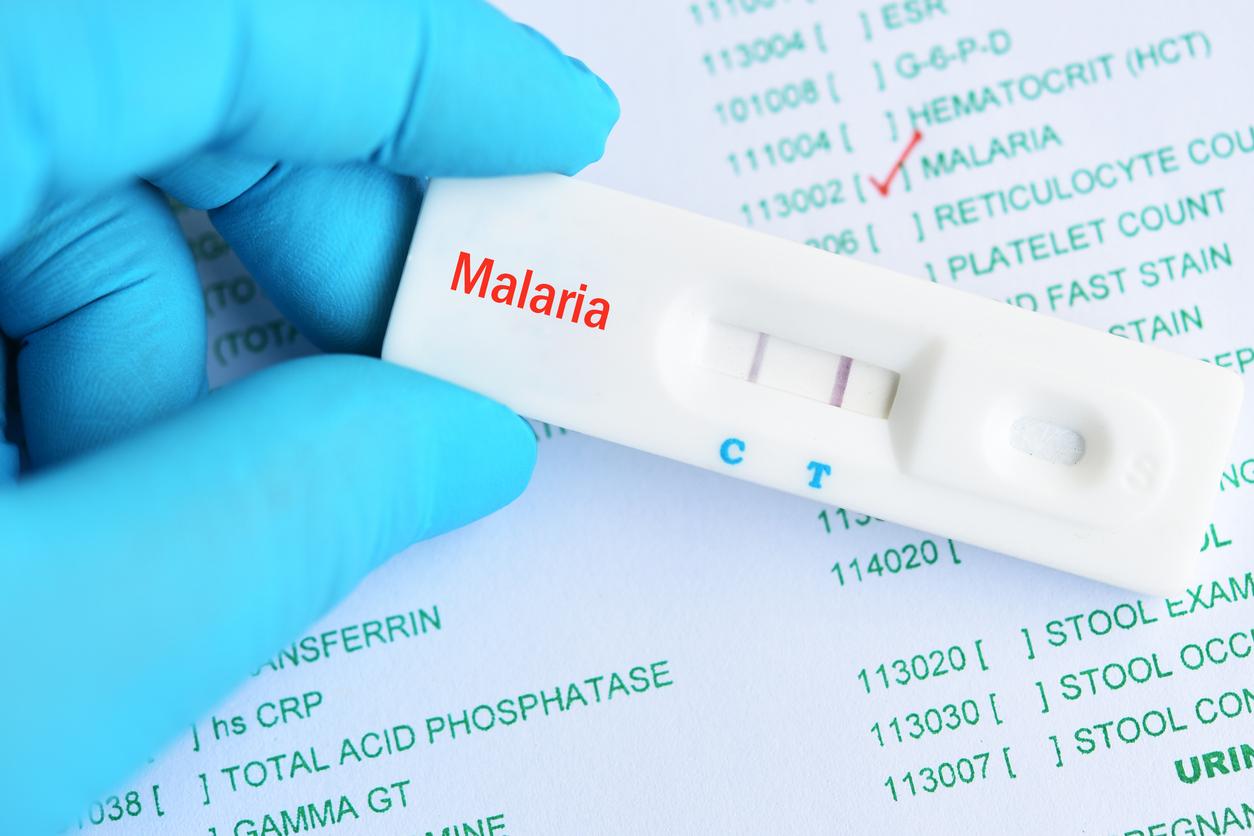
- The Cytophone, an innovative device using lasers and ultrasound, can detect malaria without requiring a blood sample. It detects hemozoin, a specific byproduct of infected red blood cells, via a non-invasive probe placed on the hand.
- In tests in Cameroon, the Cytophone demonstrated a sensitivity of 90% and a specificity of 69%, results comparable to current tests.
- Promising for low-resource countries, this device could become an asset in the global fight against malaria by facilitating rapid and safe screening.
Nearly half of the world’s population is at risk of malaria, a potentially fatal disease transmitted by mosquitoes. Particularly affecting children and pregnant women, it causes more than 600,000 deaths each year. Currently, its screening is based on blood samples that are not only invasive, but also often inaccessible in the most affected regions due to lack of resources.
A new method, unveiled by a team of researchers from the Yale School of Public Health (United States) as well as Cameroon, could revolutionize the diagnosis of this infectious disease: a non-invasive test, using a device called Cytophone, capable of detecting malaria without requiring a drop of blood. The results were published in the journal Nature Communications.
Detect malaria in blood without a shot
About the size of a small printer, the prototype can determine whether infection is present within minutes using a small probe placed on the back of a person’s hand, over a targeted vein. This Cytophone, originally designed to identify cancer cells, uses laser and ultrasound to detect red blood cells infected with the malaria parasite, Plasmodium falciparumthe most common and deadliest species, as well as other less common species.
According to a press releasein fact, infected cells produce a byproduct called hemozoin, which behaves differently when exposed to a laser beam: it heats and absorbs light more intensely than normal hemoglobin. These very specific properties allow Cytophone to detect the presence of parasites in the blood, without requiring an injection.

A way to accelerate the global fight against malaria
During a trial carried out in Cameroon on 20 patients, the Cytophone was able to detect malaria with a sensitivity of 90% and a specificity of 69%, results comparable or even better than those of current standard tests. In addition to detecting infection, the device was also able to track the reduction in parasites after treatment, proving that it can measure levels of parasitism in the blood and, potentially, adjust therapeutic monitoring.
The device, which could guarantee rapid and secure diagnosis, without complex medical training, presents major advantages for developing countries where health infrastructure is limited. As the researchers point out in a press release, this innovation could meet pressing needs in countries where the prevalence of malaria is high and where traditional blood tests are restrictive. As a reminder, the World Health Organization has set a goal of reducing malaria cases by 90% in 35 countries by 2030.









